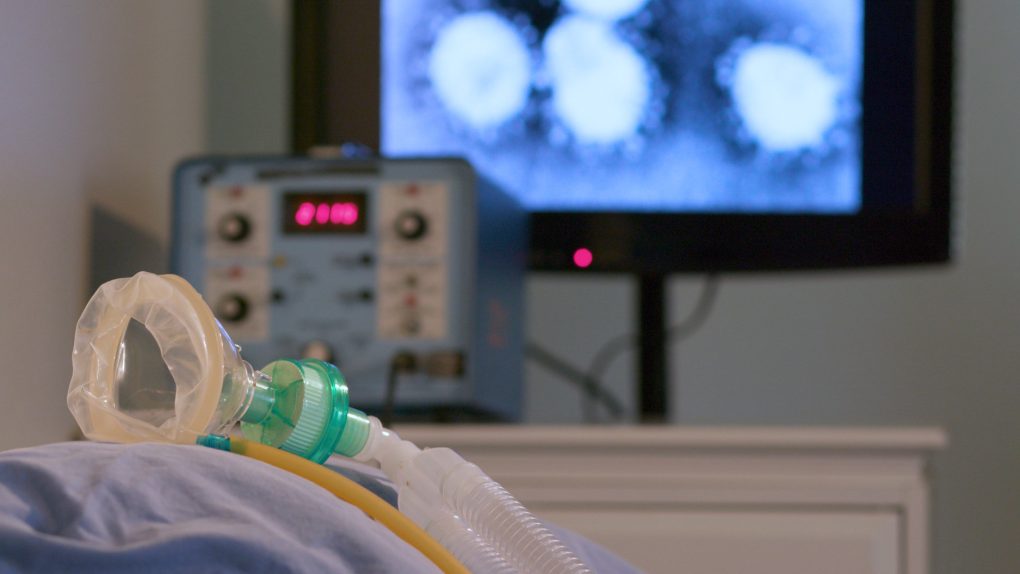- A new study has pinpointed a possible coronavirus treatment that could save people from severe COVID-19 complications and even death.
- Researchers from the University of Maryland School of Medicine have found that a common household drug, aspirin, when used in specific circumstances resulted in fewer hospital admissions as well as fewer coronavirus patients being admitted to the ICU or needing to be hooked up to a ventilator.
- This news comes as the US keeps setting new records for daily coronavirus case numbers.
Most of you have probably already noticed, but the implications inherent in the latest coronavirus-related news headlines sound increasingly dire relative to what we’re in store for in the coming days and weeks. Health experts are predicting the worst days of the COVID-19 pandemic are ahead of us — and, in fact, the worst of the pandemic might arrive possibly as soon as next week.
Along these lines, the US set another record on Thursday in terms of the number of new coronavirus cases nationwide, which climbed to above 77,000 — a height not seen since July. That comes as the overall number of cases in the US since the pandemic began is now closing in on 8.5 million, according to Johns Hopkins University, and there have also been more than 224,000 deaths. Into that maw, meanwhile, comes a landmark study that offers a bit of good news related to the pandemic — and suggests a potential coronavirus treatment that you already have at home.
It’s not a treatment in the sense of a structured regimen of therapeutics that a doctor might administer to fight an existing COVID-19 infection — rather, more of a preventative step, one that the study data from the University of Maryland School of Medicine shows might help people avoid the worst coronavirus outcomes.
The finding: A daily, low dose of aspirin was shown to lower the risk of death and other severe complications from the coronavirus.
More specifically, this study purports to show that patients taking aspirin daily were almost 50% less likely to die from severe COVID-19 in a hospital, and even much less likely to be brought to an ICU and put on a ventilator. Researchers said that the study, published on Thursday in the journal Anesthesia and Analgesia, provides “cautious optimism” for “an inexpensive, accessible medication with a well-known safety profile that could help prevent severe complications.”
“This is a critical finding that needs to be confirmed through a randomized clinical trial,” said study leader Jonathan Chow, MD, Assistant Professor of Anesthesiology at the University of Maryland School of Medicine. “If our finding is confirmed, it would make aspirin the first widely available, over-the-counter medication to reduce mortality in COVID-19 patients.”
In terms of the methodology for the study, Dr. Chow and his team looked at the medical records of 412 coronavirus patients with an average age of 55. They’d been hospitalized over the past few months as a result of COVID-19 complications, and about 25% of the patients were taking a low-dose of aspirin daily (81 milligrams) either before being admitted or right after.
From the study: “The researchers found aspirin use was associated with a 44% reduction in the risk of being put on a mechanical ventilator, a 43% decrease in the risk of ICU admission and — most importantly — a 47% decrease in the risk of dying in the hospital compared to those who were not taking aspirin. The patients in the aspirin group did not experience a significant increase in adverse events such as major bleeding while hospitalized.”
While daily aspirin use can increase the risk of major bleeding or something like peptic ulcer disease, doctors often recommend a daily low-dose aspirin when someone has had a heart attack or a stroke caused by a blood clot in order to prevent future clots.








